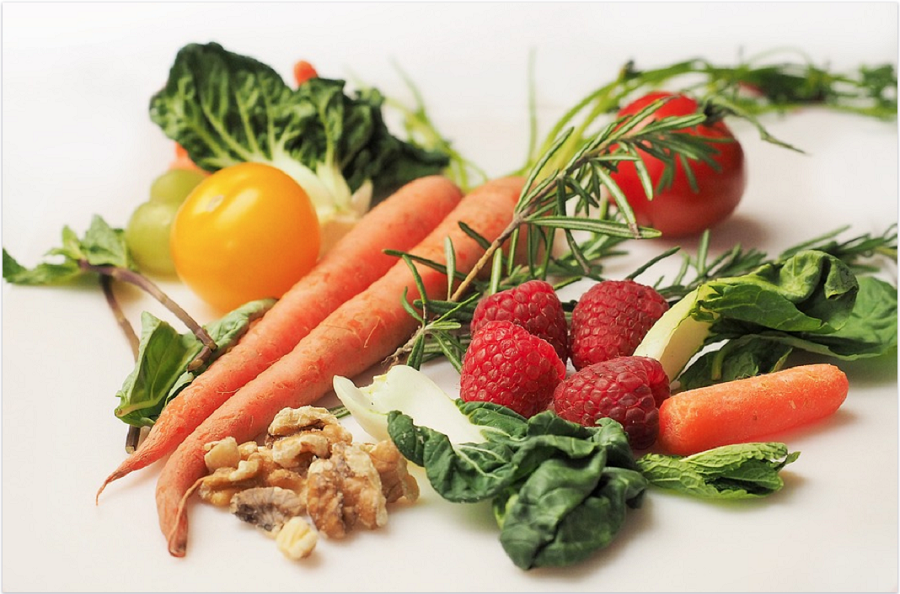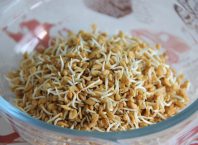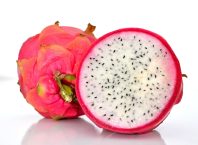Table of Contents
A healthy diet doesn’t just make you look and feel good; it’s also great for your oral health. If you eat the right combination of healthy fruits, vegetables, and dairy products, you’ll find your teeth stronger and happier than ever before. It’s not a replacement for brushing and flossing daily but in conjunction with that.

Fibrous Fruits and Vegetables Clean Your Mouth
An apple a day isn’t just for keeping the doctor away; it may also reduce your trips to the dentist. Carrots and other watery yet fibrous vegetables can help clean your teeth just after you eat.
A medical study showed that apples don’t actually clean plaque from your teeth. Instead, they stimulate your gums and help reduce the viability of bacterial growth in your mouth. This translates to fresher breath and a more comfortable mouth in between meals.
So while you shouldn’t rely on apples, consider finishing your lunch with a few apple slices or carrot sticks. You’ll have better breath until you can get home and actually brush your teeth.
Calcium and Protein Make Your Teeth Strong
Your teeth need calcium and protein to develop healthy enamel, which protects your teeth from plaque. A diet rich in these nutrients will keep your mouth strong and reduce the cavities you experience over your lifetime.
Cheese and yogurt are both healthy examples that contain high levels of calcium and protein. These foods may also improve the pH balance of your mouth and prevent further bacteria from developing.
If you are vegan, calcium-fortified soymilk, juice or tofu can be a great source of calcium and protein. Leafy greens, like broccoli, kale, collards also provide an abundance of calcium. Getting calcium and protein as a vegan might require a bit of forethought and effort, especially in a market that promotes dairy products as the primary source of calcium, but it is far from impossible.
Leafy Greens Are Full of Vitamins
Oral health relies on a complex balance of nutrients. Just as protein and calcium are important for tooth structure, minerals like zinc and iron can help create healthy connective tissues in your gums. Vitamins increase your immune system and help prevent the development of the periodontal disease.
The takeaway, a shocker I’m sure, is that you should eat your vegetables. Try kale, spinach, and other greens that are high in iron and vitamin B. If you maintain a healthy diet, you’ll decrease the chance that you need dental services later on.
Water Hydrates Your Mouth
Saliva production is an important element of oral health. If you are dehydrated, you won’t be able to produce the saliva that keeps your teeth clean and strong.
Start by drinking a healthy amount of water each day. You should also avoid drinking soda, juice, coffee, or other acidic and sugary drinks. These beverages can erode your enamel or leave a sugary residue that causes plaque to develop. If you do indulge in a sugary beverage, follow it up with even just a swig of some water to rinse your mouth and combat the effects of dehydration.
Don’t forget to check with your dentist to see how your diet is impacting your teeth. And no matter what foods you eat, you should still floss and brush your teeth every day to stay in peak oral health. Eating well is not a replacement for tooth care, but it can supplement and assist your teeth in the fight against plaque. You probably know that you should eat your vegetables and keep yourself hydrated. However, knowing exactly how doing those things benefits your oral health can be a powerful motivation.















